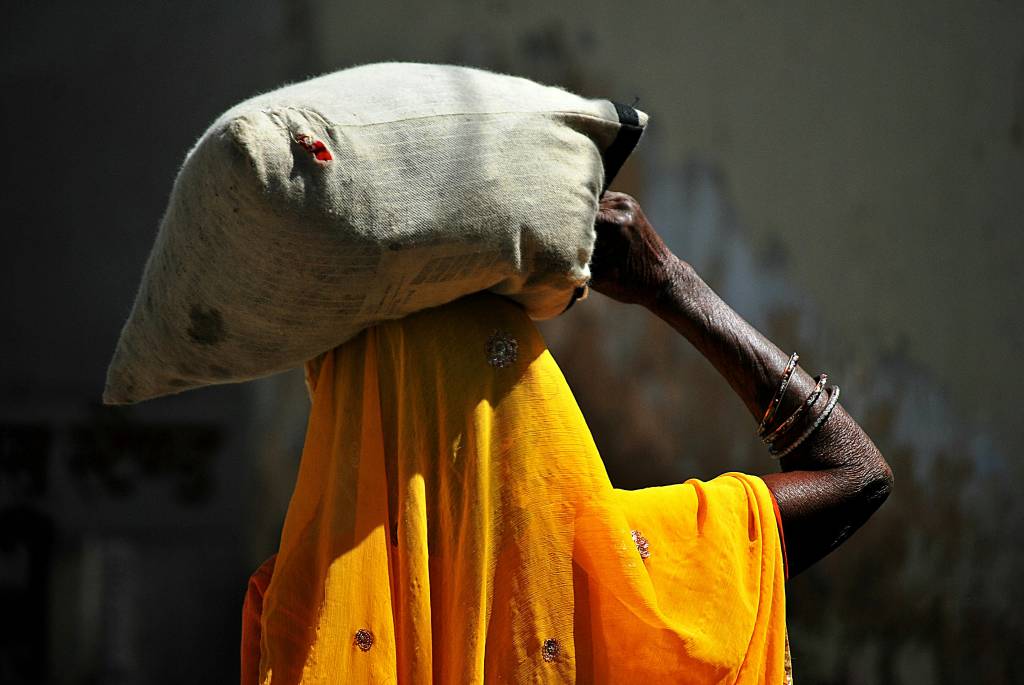Promoting Human Rights Awareness: Key Challenges in West Africa
Human rights awareness is vital to advancing social justice, peace, and sustainable development in West Africa. As countries across the region work to promote civil liberties, they face a range of challenges, including political instability, social inequalities, and limited resources. These challenges hinder the promotion and protection of fundamental rights, making it difficult for many to access education, healthcare, and freedom of expression. This article explores the key obstacles to human rights awareness in West Africa and highlights pathways to overcome these barriers, paving the way for a future where every citizen’s rights are respected and upheld.
The Current State of Human Rights in West Africa
West African countries have made strides in advancing human rights through the adoption of international treaties and regional agreements, such as the African Charter on Human and Peoples’ Rights and the ECOWAS Protocol on Democracy and Good Governance. These frameworks provide a foundation for ensuring rights to life, freedom from discrimination, and access to basic services. Despite these legal frameworks, however, many citizens in West Africa continue to face significant barriers to accessing their rights due to social, economic, and political challenges.
Human rights organizations, both local and international, play a critical role in monitoring abuses and promoting awareness. However, without broader engagement and systemic reforms, these efforts remain limited in their impact. Increasing human rights awareness is not just about educating individuals on their rights; it requires comprehensive efforts to address societal and structural factors that contribute to rights violations.
Key Challenges to Human Rights Awareness in West Africa

- Political Instability and Weak Governance Political instability in some West African nations has created an environment where human rights violations occur with little accountability. Military coups, civil conflicts, and contested elections in countries such as Mali, Burkina Faso, and Guinea disrupt governance structures and often lead to the suspension of democratic institutions. In such environments, human rights are frequently sidelined, and citizens may be fearful of asserting their rights due to the risk of retaliation. Additionally, weak governance limits the effectiveness of legal and institutional frameworks designed to protect human rights. When governments lack accountability mechanisms or are influenced by corruption, citizens may feel powerless to seek justice or speak out against abuses. For human rights awareness to grow, stable and accountable governance structures are essential.
- Limited Access to Education and Information Education is a cornerstone of human rights awareness, yet in many parts of West Africa, access to education remains limited, particularly in rural areas. High illiteracy rates make it difficult for citizens to access information on their rights and understand how to advocate for themselves. Without basic education, individuals are more vulnerable to exploitation and discrimination, as they may not know how to recognize or challenge rights abuses. Additionally, language barriers can impede human rights awareness efforts. West Africa is home to hundreds of languages, and in some communities, information on rights is available only in official languages like English or French. Efforts to increase awareness must therefore prioritize local languages to ensure inclusivity.
- Cultural and Social Norms Cultural norms and traditional practices play a significant role in shaping attitudes toward human rights in West Africa. In some cases, these norms may conflict with international human rights standards, particularly in areas related to gender equality, child rights, and freedom of expression. Practices such as child marriage, female genital mutilation (FGM), and discrimination against marginalized groups are deeply rooted in certain societies, making it challenging to promote human rights that oppose these practices. Effective human rights awareness campaigns must consider cultural contexts and work with community leaders to advocate for change. Community-based approaches that respect cultural identities while promoting human rights are more likely to foster acceptance and sustainable shifts in societal norms.
- Economic Inequality and Poverty Poverty is both a cause and consequence of human rights violations in West Africa. Economic hardship limits access to basic services, including healthcare, clean water, and education, which are fundamental human rights. When people lack the resources to meet their basic needs, they are more vulnerable to exploitation and less likely to have the capacity to advocate for their rights. Economic inequality also contributes to social stratification, which can lead to discrimination and exclusion of marginalized groups. For example, women, youth, and ethnic minorities often face compounded challenges, as they are disproportionately affected by poverty and lack representation in decision-making processes. Addressing economic disparities is therefore essential to creating an environment where human rights are respected and accessible to all.
- Threats to Freedom of Expression and Media Freedom of expression and access to unbiased information are essential for human rights awareness, but these freedoms are under threat in many parts of West Africa. Journalists and activists who expose human rights abuses or criticize government actions often face harassment, imprisonment, or violence. In some countries, governments have enacted restrictive laws or imposed censorship, limiting citizens’ ability to access independent information. Without a free and vibrant media, it becomes difficult for citizens to stay informed about their rights and understand how to protect them. Civil society organizations and international partners can play a role in advocating for press freedom and protecting journalists who work to inform the public on human rights issues.
Pathways to Strengthening Human Rights Awareness in West Africa

- Enhancing Civic Education and Community-Based Programs Civic education programs that emphasize human rights can empower individuals to understand and advocate for their rights. Schools, community centers, and religious organizations can serve as platforms for educating citizens on human rights principles and how they apply to daily life. By incorporating human rights education into school curricula and organizing community workshops, governments and civil society organizations can build a foundation for greater awareness.
- Supporting Legal Aid and Advocacy Services Access to legal aid is crucial for individuals seeking justice for rights abuses, particularly those who cannot afford private legal representation. Expanding legal aid services and supporting organizations that offer pro bono legal assistance can help marginalized populations assert their rights and hold violators accountable. In addition, advocacy groups can work to raise awareness about human rights and provide resources to individuals and communities facing rights violations.
- Promoting Inclusive Economic Policies Economic policies that address inequality and create opportunities for marginalized communities can significantly enhance human rights awareness and protection. Programs that promote job creation, access to credit, and entrepreneurship—especially for women and youth—can help reduce poverty and empower individuals to participate actively in their societies. Inclusive economic growth enables individuals to gain independence and fosters a greater sense of agency, which is critical to advocating for rights.
- Strengthening Regional Collaboration and International Support Regional organizations like ECOWAS and the African Union (AU) are vital in promoting human rights awareness and enforcement across West Africa. By developing joint initiatives, monitoring rights abuses, and advocating for policy reforms, these organizations can support national efforts to protect human rights. International support from bodies such as the United Nations and various non-governmental organizations can provide resources, training, and oversight to ensure that human rights are prioritized in policy and practice.
- Leveraging Technology and Social Media for Awareness Social media and digital platforms have become powerful tools for raising awareness about human rights issues. Campaigns that use digital platforms can reach broader audiences, allowing activists to share information, mobilize communities, and demand accountability. In recent years, platforms like Twitter, Facebook, and WhatsApp have been instrumental in exposing rights abuses and organizing grassroots movements. Expanding digital access and training citizens in media literacy can strengthen human rights awareness and encourage civic engagement.
Conclusion
Human rights awareness in West Africa is essential for building a just, equitable, and prosperous society. Although challenges such as political instability, poverty, and restrictive social norms persist, opportunities to promote awareness through education, economic empowerment, and regional collaboration offer hope. By investing in these strategies, governments, civil society organizations, and international partners can work together to ensure that every West African citizen understands their rights and has the support needed to protect them.
A human rights-conscious West Africa is one where all individuals—regardless of age, gender, ethnicity, or socioeconomic status—can live with dignity, equality, and freedom. Through sustained efforts and collective action, it is possible to create a society where human rights are not only recognized on paper but upheld in every aspect of life.

Comments